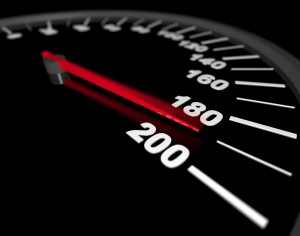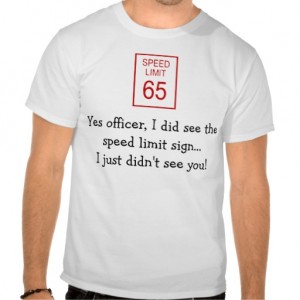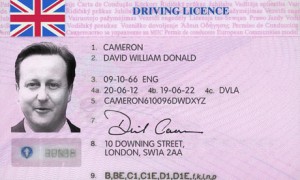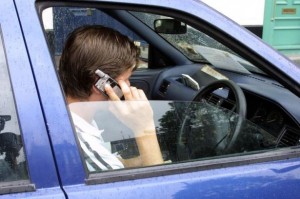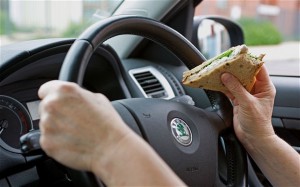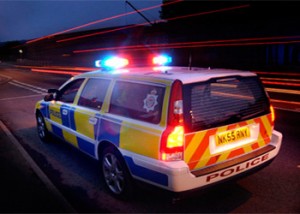Road Traffic Offence Advice
Lawyers who deal with all areas of criminal law often aren’t fully familiar with the intricate legal arguments that can be used successfully to protect your licence if you have been accused of a road traffic offence, or any of the driving offences below;
No Valid Insurance Road Traffic Offence
If you are stopped by the police while driving without insurance, your excuses for doing so are not important and you will be considered guilty.
If you plead guilty or are convicted, your driving licence will be endorsed with six to eight penalty points.
Drivers are often unaware that their insurance broker has cancelled their policy and not told them.
A special reasons argument can be used if you can show the court that you genuinely believed that you had motor insurance in place.
Fail to Nominate Driver
If you are caught committing a road traffic offence, you will be sent a section 172 request.
You will receive six penalty points on your driving licence for not returning the form.
Section172(4) and Section172(7)(b) Road Traffic Act 1988 are the only 2 ways to defend this motoring offence.
To satisfy the court, you need to show that you used reasonable diligence to ascertain the identity of the driver, or that you haven’t received the section 172 information request.
Speeding – Points, Fines and Disqualifications
The penalty for speeding offences is 3 – 6 penalty points on your driving licence, a driving ban (if warranted by your road traffic offence) and incurred court costs as well as a fine.
Expert evidence is required if you are going to successfully defend your alleged speeding offence in court.
No Licence Road Traffic Offences
Drivers frequently misunderstand this motoring offence.
If you are driving in violation of the conditional limitations on your current driving licence, for example you are a learner driver and are not properly displaying L plates then this would be an endorsable offence.
If you have failed to return your current driving licence to the Driver and Vehicle Licencing Agency when instructed to do so and they suspend your entitlement, it is non-endorsable.
It is incorrect that ‘no licence’ means that your car insurance policy is invalid. According to Patterson Law, driving without a licence legal experts, hundreds of motorists are wrongly being convicted of not having insurance because they were involved with a ‘no licence’ offence.
If you are charged, make sure that you get professional help because the Police often make errors with this issue regarding whether points are applicable to this offence or not.
Drinking and Driving
The limit in the UK for drinking and driving is 35mg in breath. The minimum punishment if found guilty of a drink drive offence is a one year disqualification.
If you can prove that you were not the driver of the car, or that you were not in a public place, or that you consumed the alcohol after driving then you have a legitimate defence for your drink driving allegation.
Other possible defences for drinking and driving charges are that you drove only for a short distance, that it was actual emergency situation, or that you unwittingly consumed alcohol without realising at the time.
Drunk in Charge of a Vehicle
Not only do the prosecution need to show that you were the person in charge of the motor vehicle, but they also need to prove to the court that you were over the drinking and driving limit.
You have a possible defence if you can show you were not intending to drive until you were under the drink drive limit.
If the court finds you guilty then you will be given 10 points and possibly a discretionary ban.
Using a Mobile Phone While Driving
While you are driving, you must be holding and using a mobile phone in order to be guilty of an offence.
Magistrates view mobile use while driving differently.
You are still driving even when stationary at traffic lights or in a temporary hold up.
Driving Without Due Care and Attention
Your driving standards need to be proved to have fallen below those expected from a competent and careful driver in order for the court to find you guilty of driving without due care and attention.
It covers many driving offences from bumps and dings in car parks to undertaking on a motorway.
For this offence, the police can offer you a Driver Improvement Course instead of going to court.
Fail to Stop
If you are involved in an accident, you are under a legal obligation to stop and provide your details if damage was caused to another vehicle, a person or to property in accordance with S 170 Road Traffic Act.
From the time of your accident you have 24 hours to report it at a police station if you were unable to exchange details with the other party at the scene.
Carrying five – ten penalty points or a discretionary driving ban, this is a serious offence.
You can defend this allegation if you can demonstrate that it would not be unreasonable for you not to be aware that you had been involved in an accident and caused damage.
These offences carry a potential of community service or even a custodial sentence if your case warrants it.
Dangerous Driving Motoring Offences
Dangerous driving convictions require the prosecution to prove that the level of your driving fell far below the required minimum standard.
In addition, they will have to prove that it would be clearly obvious to any competent and careful driver that the driving was in fact dangerous.
A conviction for dangerous driving carries a minimum one year driving ban, a re-test and a prison sentence.
